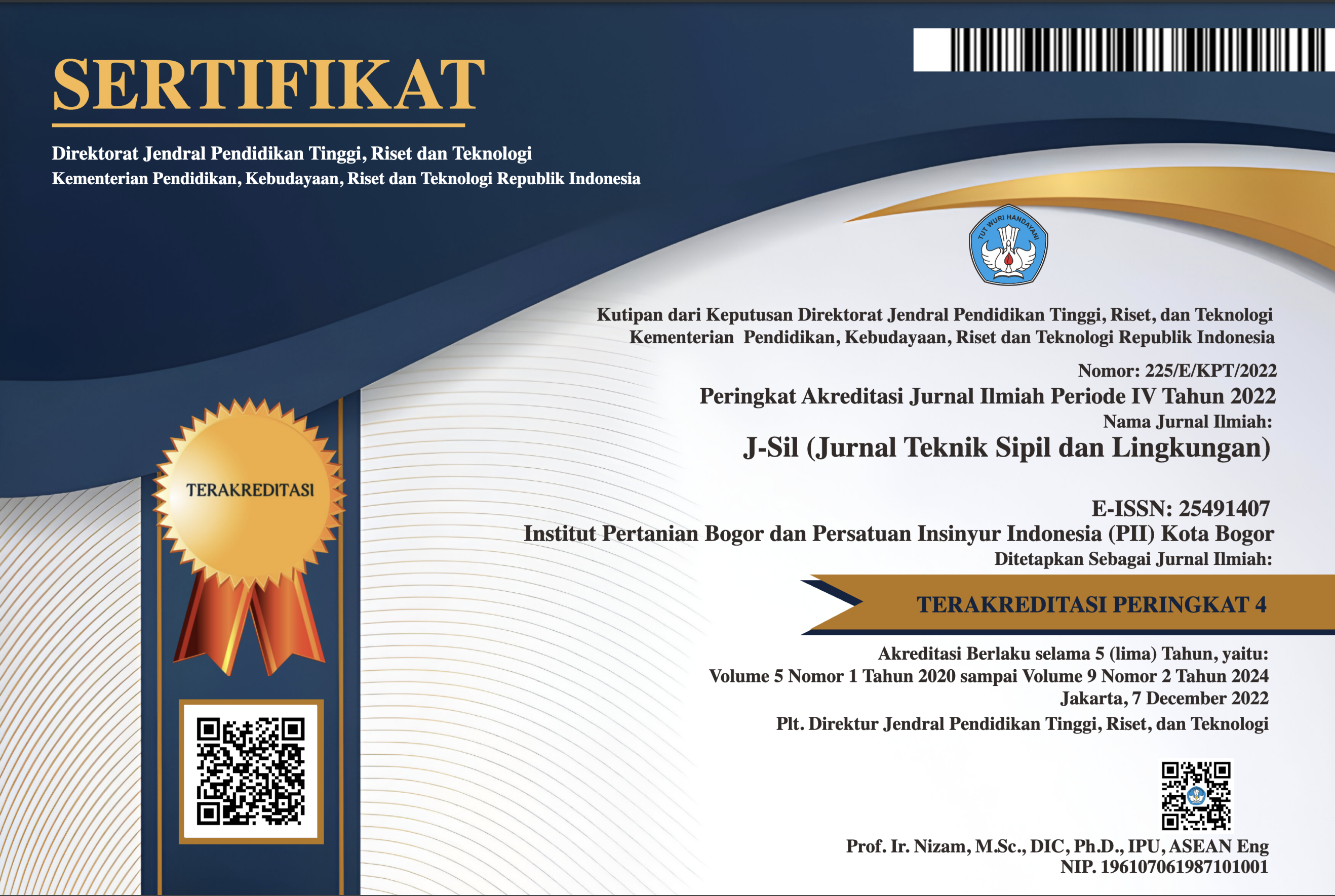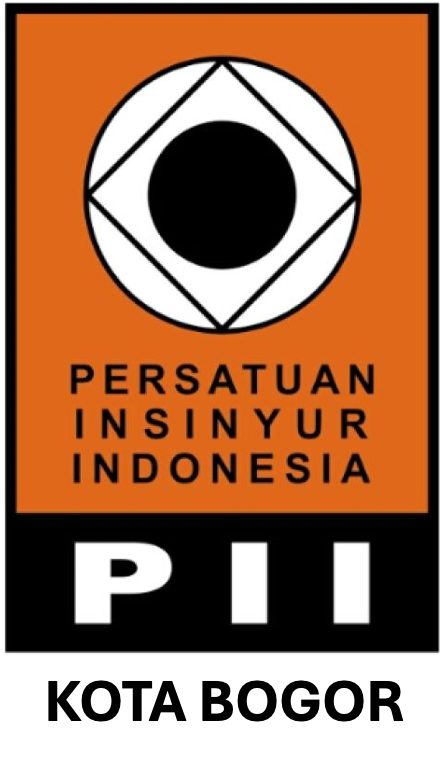ANALISIS BEBAN EMISI UDARA PRIMER DI PROVINSI BANGKA BELITUNG
Abstract
Economic growth in Bangka Belitung Province is likely to increase. Such improvements have implications on the growing need for fossil fuels from various sectors that cause changes in air quality. Ministry of the Environment recommends doing an inventory of emissions. The load of emissions of sulfur dioxide (SO2), nitrogen oxides (NOx), carbon monoxide (CO), and particulate matter (PM10) is the primary air pollutants dangerous to be inventoried. The average load of SO2 emission Bangka Belitung province of 6,045.89 tons/year and the largest contributor came from the industrial sector (41.43%). Load of NOx emissions by 16,324.84 tons/year, CO amounted to 75,639.01 tons/year, and PM10 amounted to 2,750.66 tons/year. The transportation sector is the largest contributor of load NOx emissions (62.11%), CO (96.58%), and PM10 (79.93%). The largest contributor of load of emissions SO2, NOx, CO, and PM10 in Bangka Belitung is Bangka. Bangka Belitung Provincial Government planned several strategies to reduce the load of emissions include smart driving, energy audit, centralized power plants, and the conversion of kerosene to LPG in the domestic sector. With the implementation of this strategy is expected to reduce load of emissions by 30%.
Downloads
Authors who publish with Jurnal Teknik Sipil dan Lingkungan, JSIL agree to the following terms:
a. Authors retain copyright and grant the journal right of first publication with the work simultaneously licensed under a Creative Commons Attribution License that allows others to share the work with an acknowledgment of the work's authorship and initial publication in this journal.
b. Authors are able to enter into separate, additional contractual arrangements for the non-exclusive distribution of the journal's published version of the work (e.g., post it to an institutional repository or publish it in a book), with an acknowledgment of its initial publication in this journal.
c. Authors are permitted and encouraged to post their work online (e.g., in institutional repositories or on their website) prior to and during the submission process, as it can lead to productive exchanges, as well as earlier and greater citation of published work (See The Effect of Open Access).










